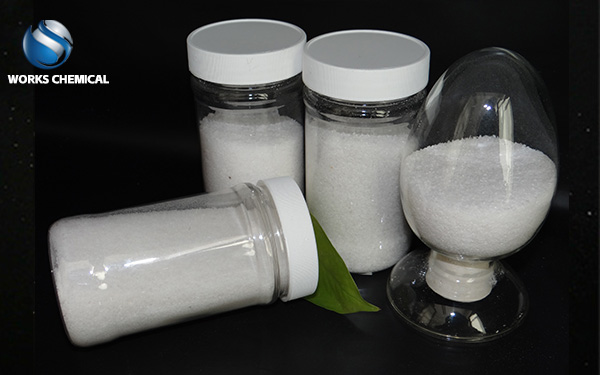
The role of sludge conditioner mainly has the following points:
Improve sludge dewatering: sludge conditioner can effectively improve the dewatering performance of sludge, reduce the moisture content of sludge, and improve the dewatering efficiency.

Reduce the cost of sludge treatment: By improving the dewatering of sludge, the energy consumption of sludge treatment can be reduced and the cost of sludge treatment can be reduced.
Improve the stability of sludge: sludge conditioner can also improve the stability of sludge and prevent secondary pollution.
Promote the degradation and stabilization of sludge: sludge conditioner can change the physical, chemical and microbial characteristics of sludge, accelerate the degradation and stabilization process of organic material, thereby reducing the production of odor and decay.
Effectively reduce the moisture content of the sludge: the sludge conditioner can reduce the moisture content of the sludge to 35%-55%, and the sludge weight reduction effect is good. Improve the mud press efficiency of plate and frame filter press 100% - 500%, greatly shorten the mud press cycle.
Sludge conditioner plays an important role in various sludge treatment processes, selecting the appropriate sludge conditioner can effectively improve the efficiency of sludge treatment and reduce the cost of treatment.
Sludge conditioner according to its composition mainly has the following types:
Inorganic conditioner is the most commonly used sludge conditioner, mainly including lime, aluminum hydroxide, iron hydroxide and so on. The inorganic conditioner can improve the dewatering property of sludge by neutralizing the organic acids in sludge and adjusting the pH value of sludge. Its advantages are low cost and good dehydration effect. However, the addition amount is large, which may lead to an increase in the amount of sludge after treatment.
Organic conditioners mainly include cationic polyacrylamide (CPAM), anionic polyacrylamide (APAM) and so on. The organic conditioner improves the dewatering performance of the sludge by absorbing and neutralizing the organic matter in the sludge. Compared with inorganic conditioner, the amount of organic conditioner added is smaller, and the effect of sludge dewatering is significantly improved. But the cost is relatively high.
Biological conditioners mainly include enzymes, microbial metabolites and so on. By decomposing the organic matter in the sludge, the biological conditioner reduces the hydrophilicity of the sludge, thereby improving its dewatering performance. The advantage of biological conditioners is environmental protection, but the treatment time is longer. When choosing a sludge conditioner, it is necessary to comprehensively consider the type, nature and dehydration requirements of the sludge.
Homemade conditioner Some companies will choose homemade conditioner according to their own needs. This type of conditioner is usually an appropriate adjustment and combination of existing conditioners to meet the needs of a specific sludge treatment scenario. The advantage of the homemade conditioner is that it can be optimized according to the actual situation to achieve a better sludge dewatering effect. However, it should be noted that the development and application of homemade conditioners require certain technical support and experience accumulation.